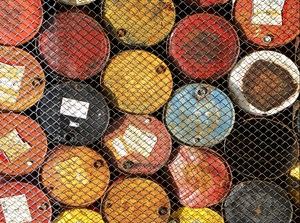Halliburton Nigeria oil production facility reaches 10 MMbbl milestone
Halliburton Testing and Subsea (TSS) Nigeria is celebrating two significant milestones: an early production facility (EPF) recently processed its 10 millionth boe . Equally impressive, the team reached the milestone with zero lost-time incident (LTI) days.
The journey to these milestones started in 2019. A customer needed to fast track its oil production from two drilled wells and two planned wells. With support from the TSS Nigeria and global EPF team, TSS engaged with the customer and developed a practical solution to meet the requirement for accelerated oil production.
The solution: Halliburton built, operated, and maintained an EPF in a remote and difficult-to-engineer area in the Niger Delta. This project was the first of its kind for Halliburton Nigeria due to its complexity and scope.
After project kick-off, the team worked closely with the customer to execute a fast-track strategy that used existing equipment to suit the production requirements. The team conducted extensive process simulations and flow assurance calculations to verify the functionality of the fast-track EPF concept.
The team successfully installed the EPF on barges and sailed them to the customer location within six months of project commencement. The facility, which is capable of handling 22,000 bopd with up to 7.5 MMscf of gas production and 5,000 bbl of water per day, opened after successful onsite location pre-commissioning checks by the customer and governing bodies.
“In the past three years of EPF production, we have achieved a 10-million-barrel milestone while maintaining over 97% uptime,” said Iyen Idienumah, Testing and Subsea country manager for Nigeria. “This is a testament to the dedication and tireless efforts of the TSS EPF team.”
The EPF customer’s production facility manager praised the Halliburton team for its significant contribution toward safety awareness and its work with other contractors on the need to maintain site safety standards. These efforts were an important reason the project has experienced zero LTI days.



